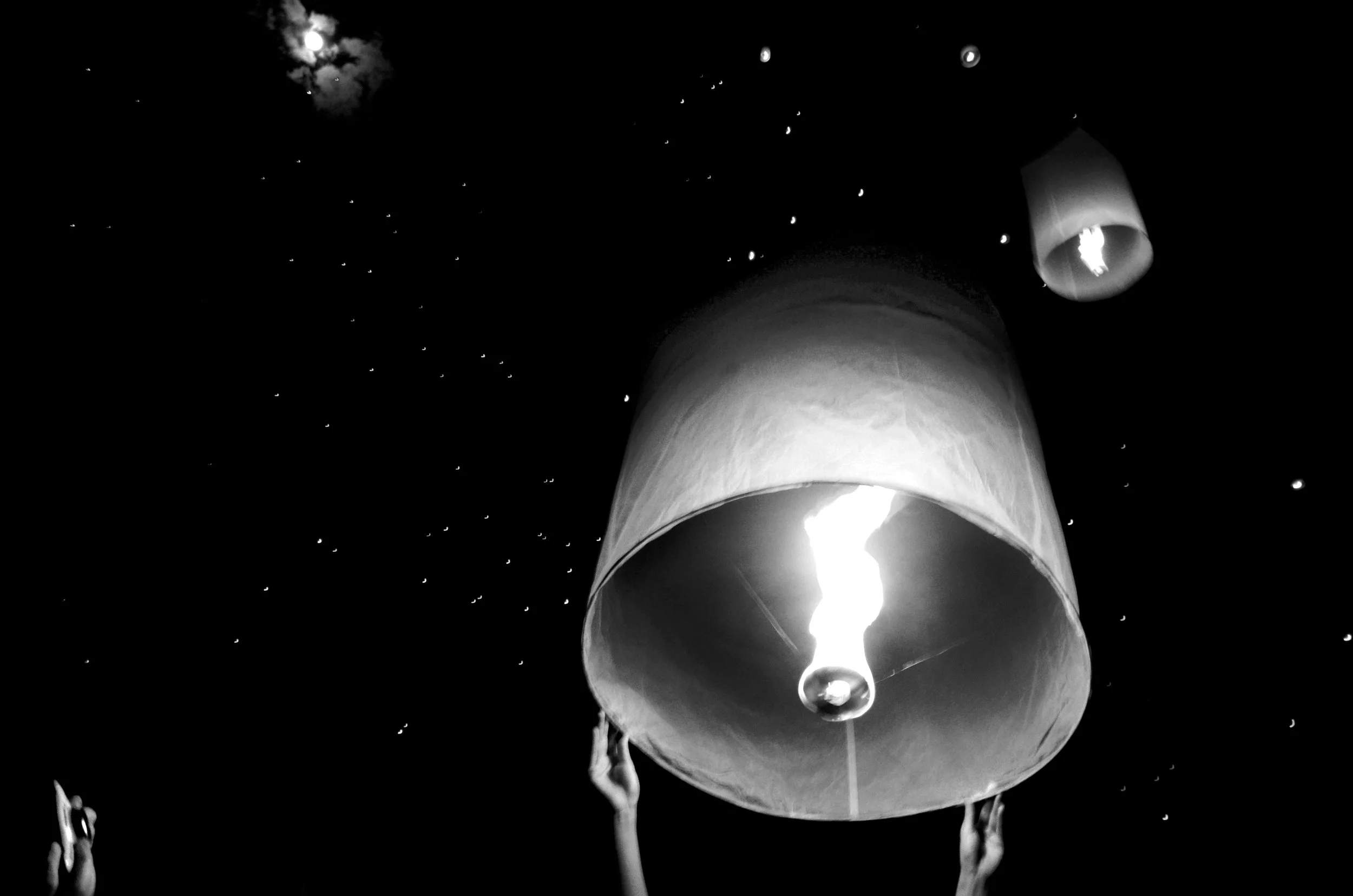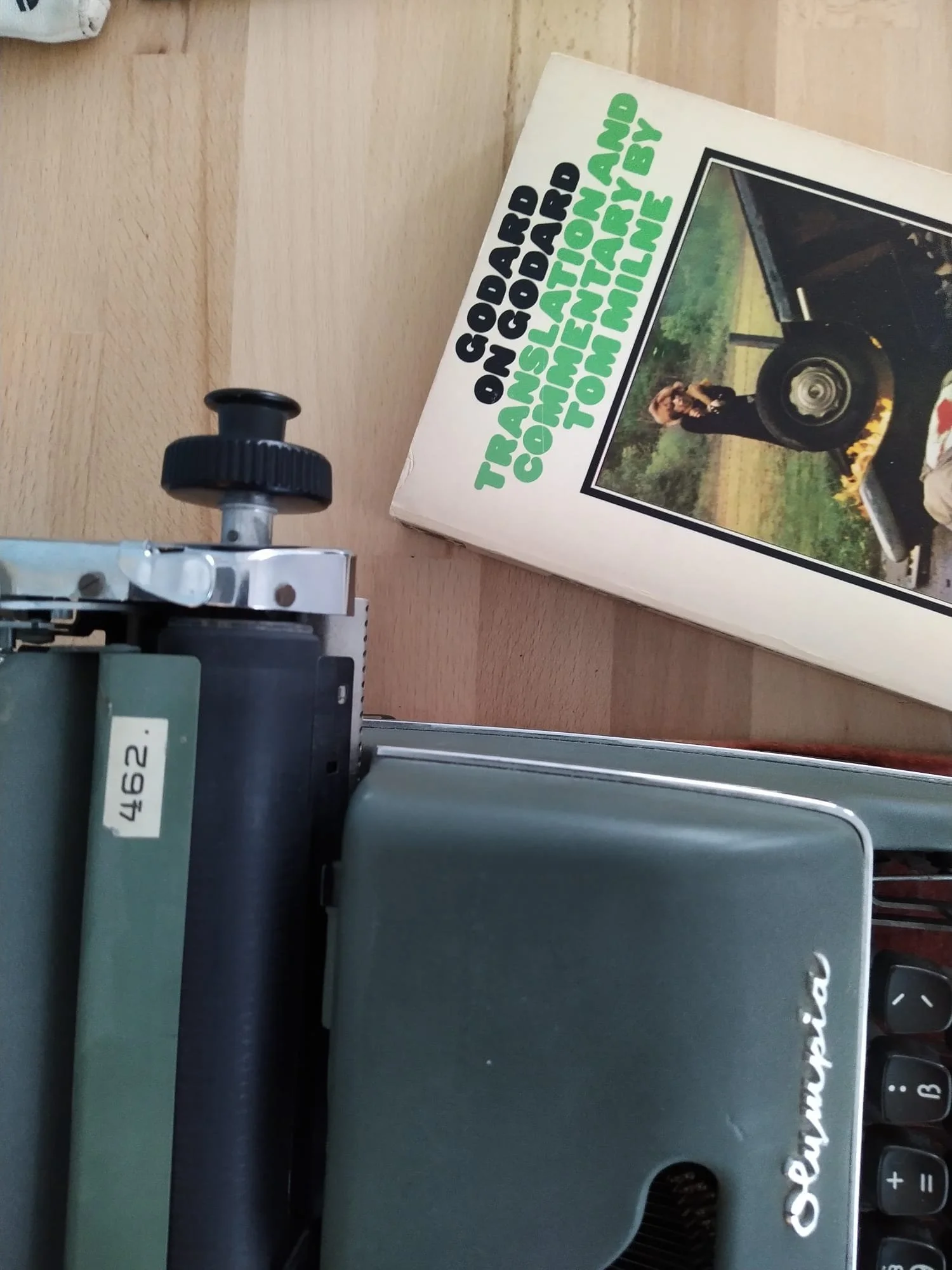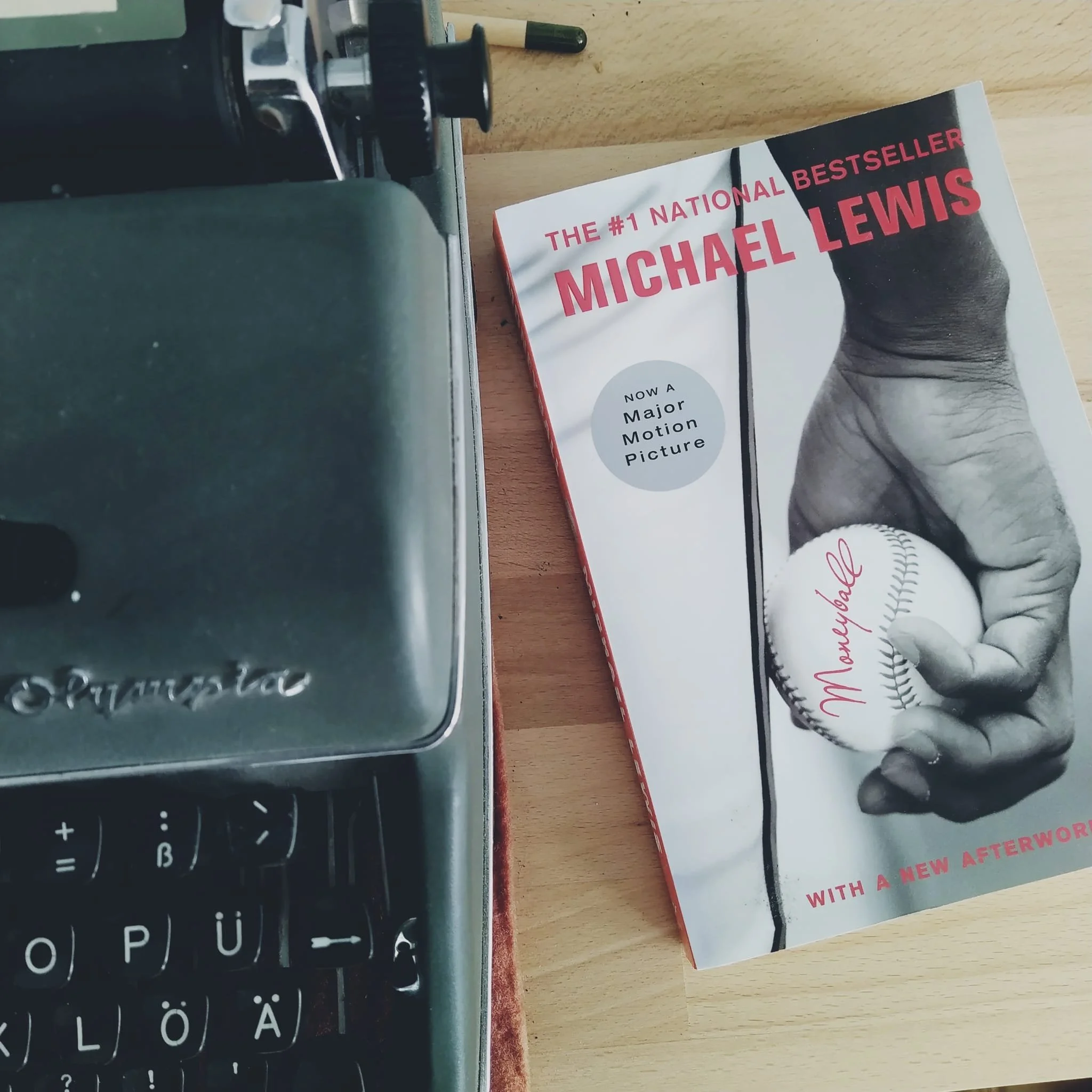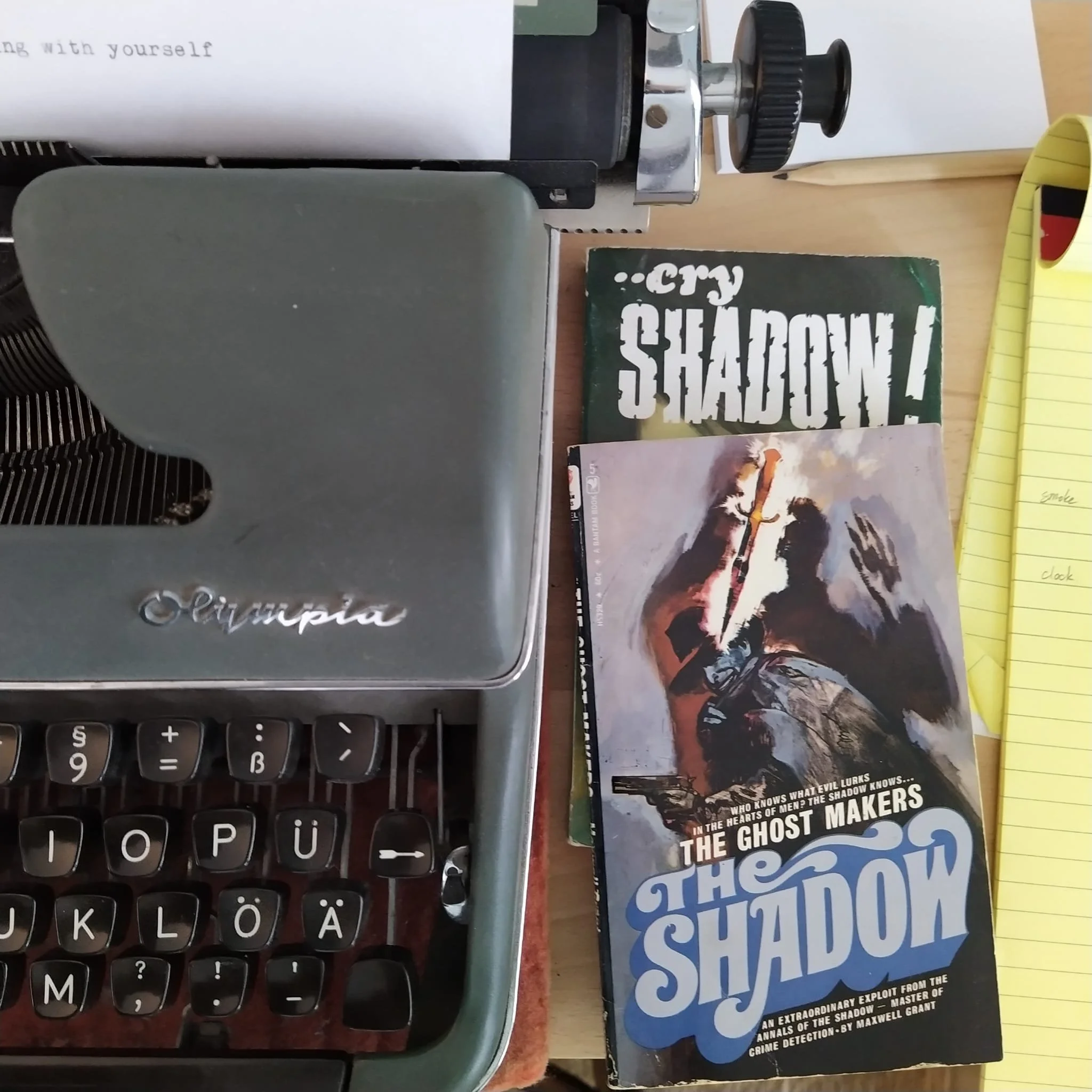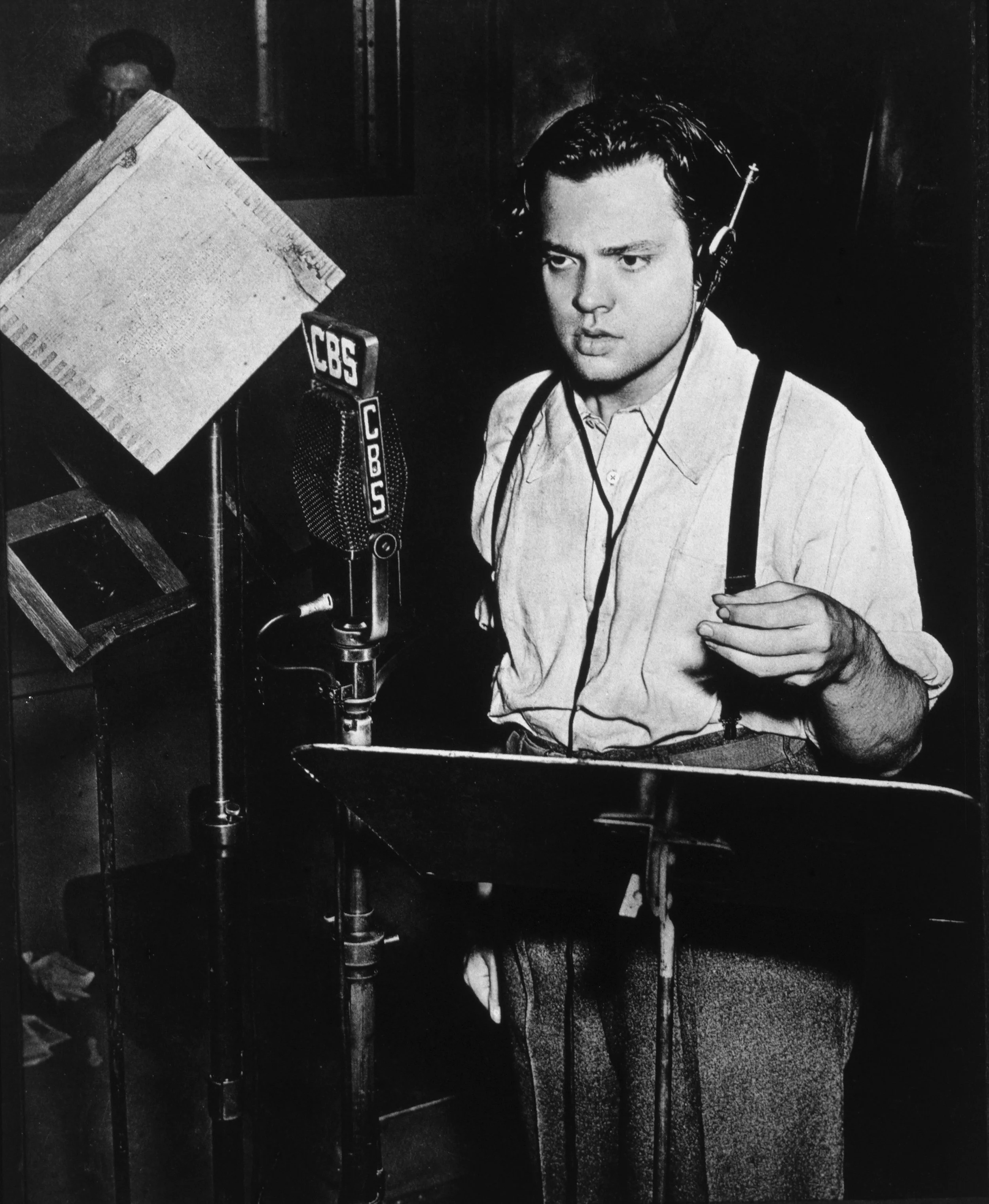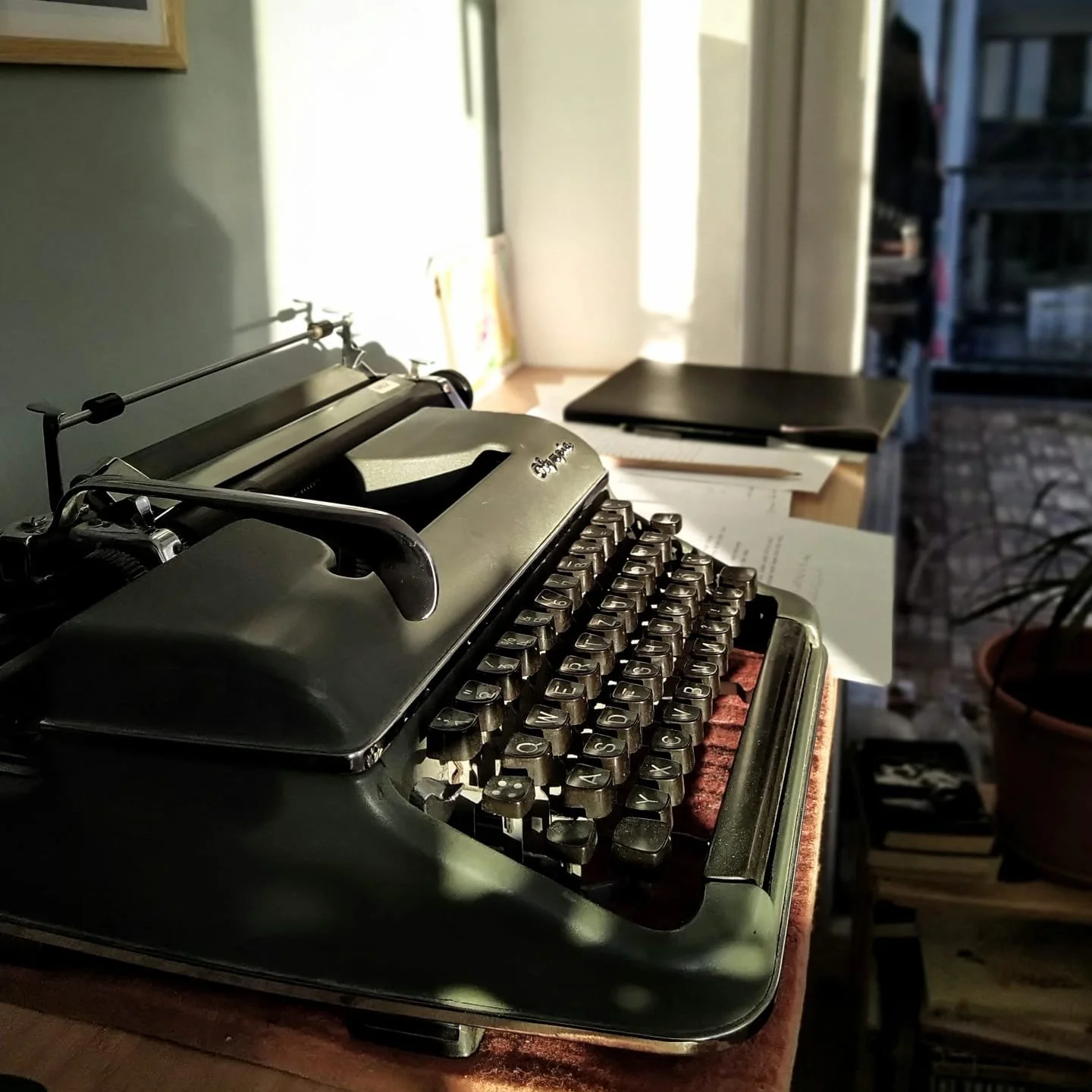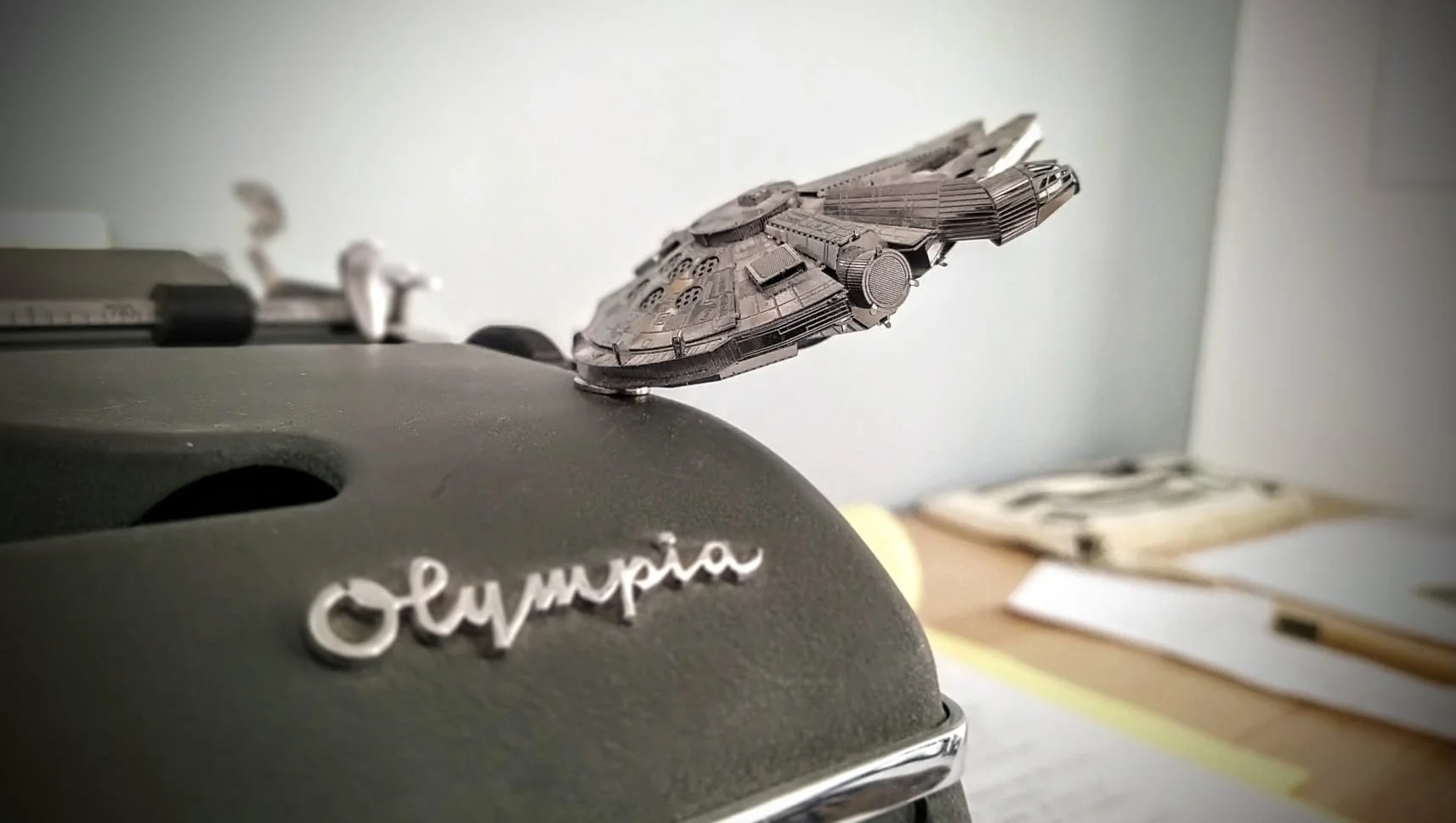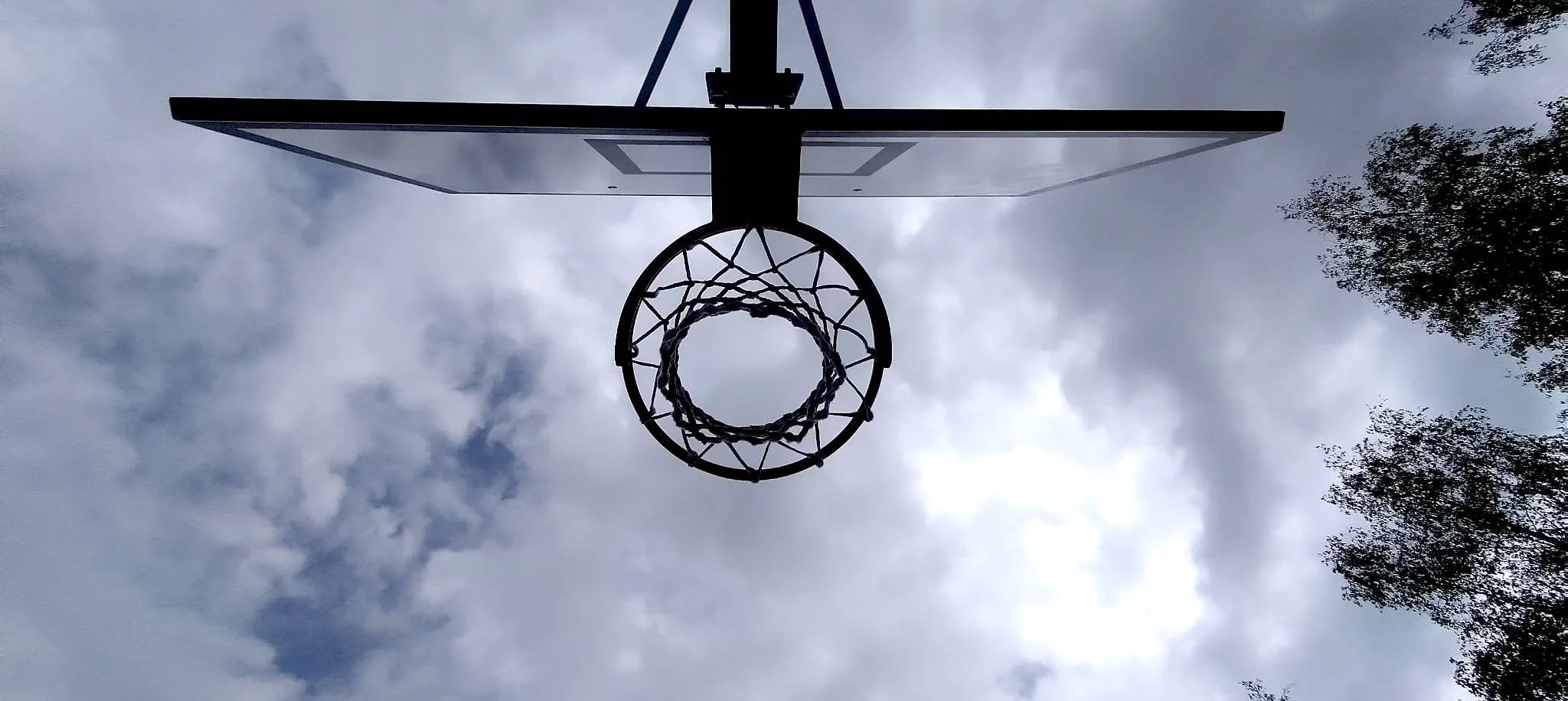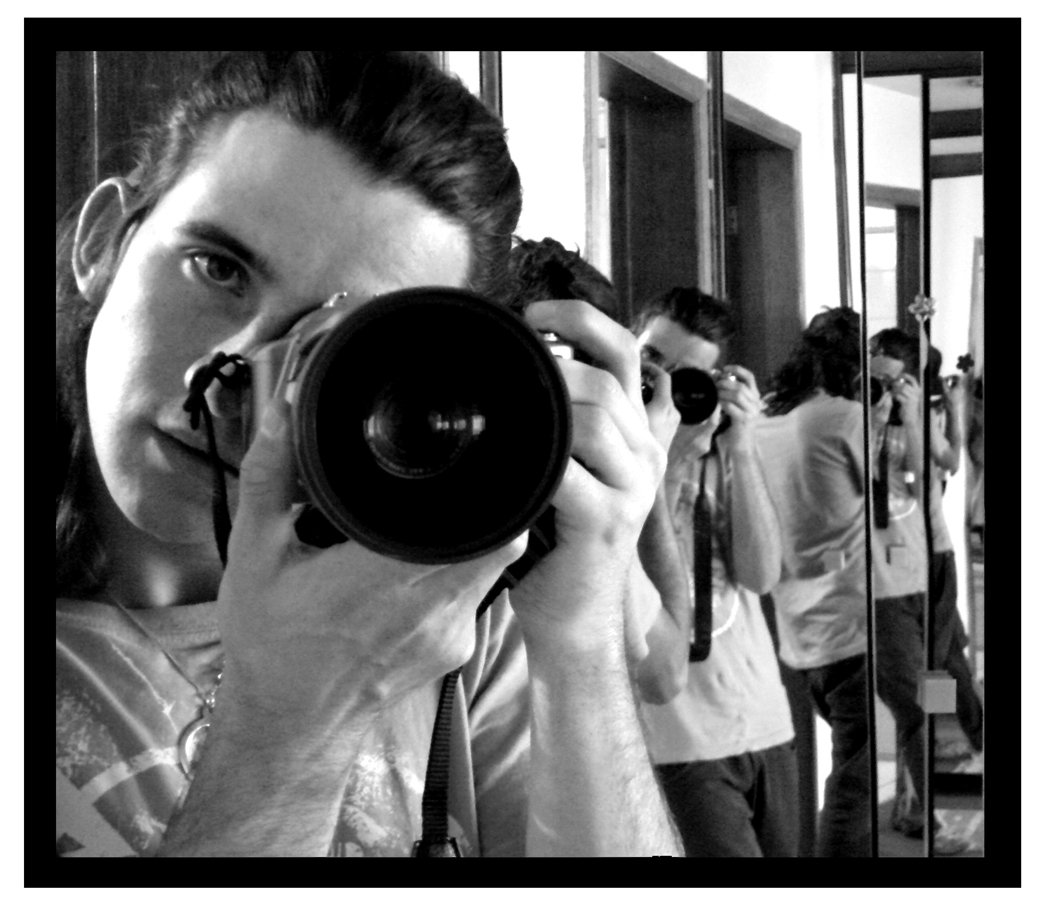Over half of my clients in the last five years wanted to write their book in order to make the next step in their public speaking career. The finished manuscript was not the goal. Instead, it was the lantern they let fly to show that they were there.
Read MoreIdeas develop. They grow. They need time and pollination from other parts of life. Other works of art. Other things you read and listen. A spark when they sit next to something unexpected. The brain makes the connection. It’s not fast. At times, it’s frustratingly slow. But it’s fascinating and it’s the process. It is worth it.
Read MoreThe book you start writing is not the one you will have when you finish. It always changes. Writing a book is a process. It’s human and it’s collaborative. It needs you to give into ideas and see where they lead. Explore what stands up strong next to something else. Be curious about what needs to shift to another part of the book. The idea changes shapes. The book evolves.
Read MoreAs a film student/aspiring screenwriter, Jean-Luc Godard’s films were hugely important to me. I’m hardly the first aspiring screenwriter or film student to have been inspired by his works. There are plenty of terrible student films trying to pull off the same magic.
Beyond his films, it was his creativity at finding solutions to problems that has stuck with me.
Read MoreThere are times I work with an author who knows exactly what they want their book to be. In these cases it is usually a culmination of their work – many years of blogging and newsletters, years of public speaking or podcasts.
But there are times we discover the book on the way. Like an iceberg, there’s just part of it peering out of the water and we’ll discover the rest of it on the journey. Pull it into the light.
Read MoreTo cover a difficult topic in a way that’s as engaging as Moneyball, there must be a question that pulls us into the book. The chapters, or sequences, must develop from each other. Plunging head first into sabermetrics would have left most readers striking out part way through the first chapter. Instead, Lewis finds a way to open with the narrative to hook us, then deliver the ideas.
Read MoreRecently I was interviewed about ghostwriting and the question came up again: how do I feel about not getting credit for writing?
I’m fine with it.
Read MoreGhostwriting is an exercise in adaptation. My job is to adapt my client’s story or ideas to the written page in a way that captivates their readers. A handful of my clients started the process of writing their book with almost all their material on hand. They had their own podcasts.
Read MoreSeveral writers I’ve consulted told me their idea for a story then sat back to watch my reaction.
My question was: what happens next?
There was a premise. They had a first act. It was the start of a story but it wasn’t a story itself.
Read MoreThe old writing adage says to “start as close to the end as possible.”
It’s also essential not to write a story thinking the end is the beginning.
At its heart, Story is about change. But it is not about triumph. It is about the journey there, the conditions that led to the change.
Read MoreThe start of Creedence Clearwater Revival’s Proud Mary is one of those rather iconic bursts, instantly recognisable when you hear it.
It’s there because when writing that CCR album, John Fogerty was listening to a lot of Beethoven. Fogerty was impressed with the opening of the Fifth Symphony.
Read MoreEven if it’s not obviously an adventure, fiction story elements are there to keep the reader captivated and turning the page in any genre.
Read MoreStructure is essential to guiding your reader through your story. It’s giving information when it is needed. It’s shaping perspective on the events in the book. Structure is the scaffolding that holds up other elements of writing. It also gives you plenty of room to play. When you’re struggling with how things happen in the story, in the order they happen, take a look at what theme and value you are bringing to these events.
Read MoreDeus ex machina. It’s a device we’ve all heard about from Ancient Greek theatre where a god was delivered by a machine, sometimes quite literally, to solve the problems of the players on stage. The famous example is when Medea needed to escape, the sun god Helios sends a chariot to save her. It wasn’t part of a subplot. It wasn’t something that grew out of lack of ideas. It was a device to bring a conclusion t a difficult position of the characters… and the playwright.
Even thousands of years ago, it wasn’t without its detractors.
Read MoreWriting seems straight forward. One word, then another to finish a sentence. Repeat while building on ideas. We’ve been writing since we were children. It’s just much more words for a book.
But when you rush into it too fast you will fail to put all the pieces together.
Read MoreCollaborating with a professional ghostwriter is not just about word count. There are other values a ghostwriter brings to the partnership. Ideas. Narrative structure. A way to recognise elements for your story that you might have overlooked.
Read MoreRiddles require you to make up the context of the scene and find what fits. Stories build that piece by piece. There’s no cathartic emotional revelation in having the context given like this. There’s no story. There’s no value placed on this information. There’s no tension other than trying to solve the riddle. Stories require that the information we need – hopefully – comes right when we need it in order to make sense of what has happened.
Read More
Scenes and events don’t have a meaning on their own. It’s the context of a story that gives these events any significance.
The difficult part in writing is in building the foundations earlier so the emotional resonance speaks through these scenes.
When it’s looked at from a distance we can try to make a narrative out of it but they’re numbers, just statistics. Every half-time break in sports we witness talking heads trying to make sense out of statistics in order to give us a story of the game – some better than others.
These numbers don’t have meaning. But stories do.
Read MoreThere was a point while he was writing Fight Club where Chuck Palahniuk came to realise that the two characters – the narrator and Tyler – were the same. It wasn’t a twist he’d thought of before writing. It wasn’t a gimmick to string the reader along. He was writing a damning commentary on masculinity as he saw it in the mid-1990s.
Read More

